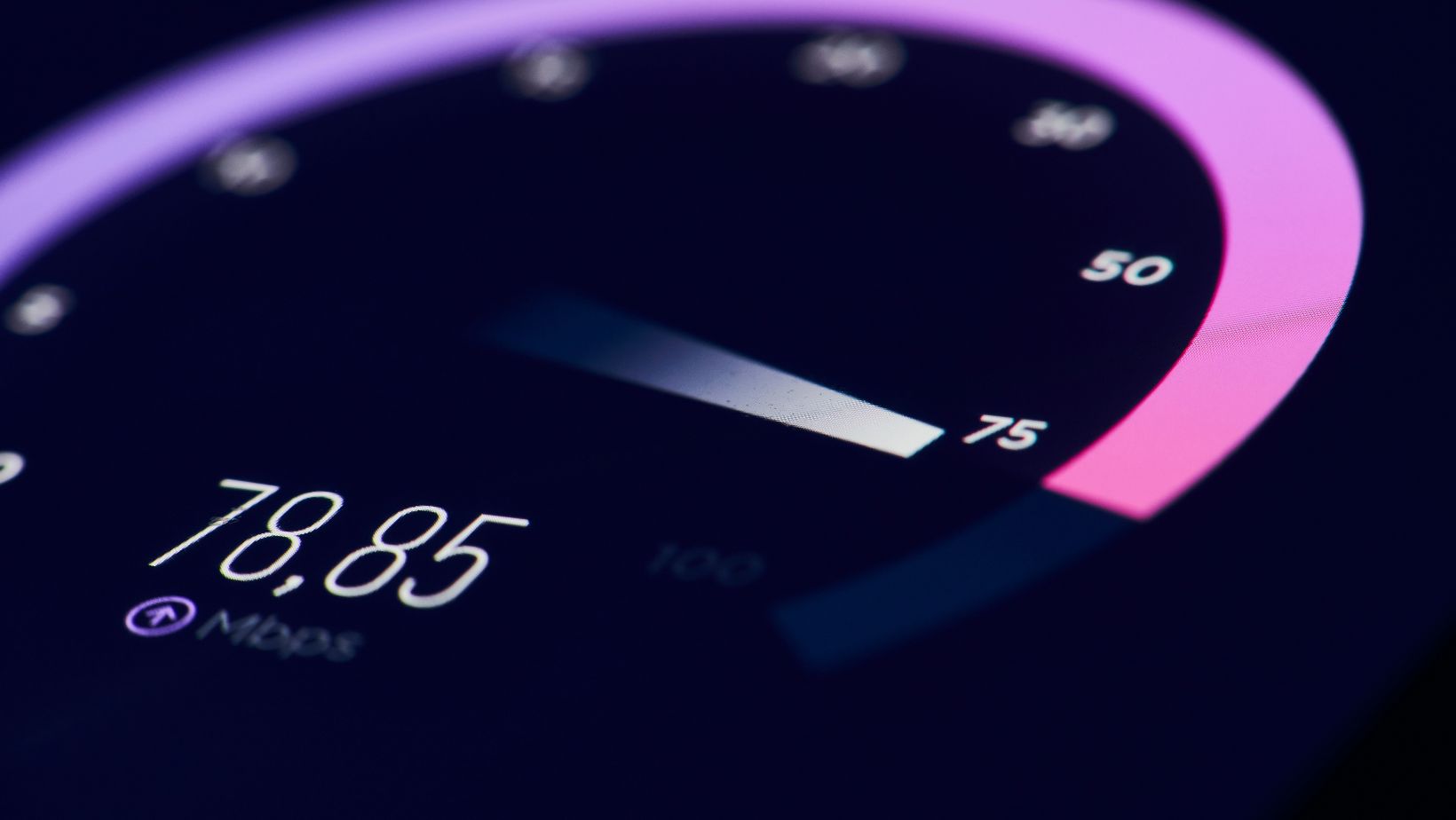Why Did My Verizon Bill Go Up
If you’re wondering why your Verizon bill has gone up and how to avoid price increases, you’re not alone. Many customers find themselves perplexed by unexpected changes in their monthly charges. In this article, I’ll shed light on the possible reasons behind these increases and provide helpful tips to prevent them.
One common reason for a higher Verizon bill is the expiration of promotional offers or discounts. These discounted rates are often temporary, and once they expire, your bill may increase significantly. It’s important to keep track of any promotional periods and be prepared for the subsequent price adjustment.
Another factor that can lead to a higher bill is exceeding your plan’s data or usage limits. Streaming videos, downloading large files, or consistently going over your allocated minutes can result in additional charges. Monitoring your usage regularly and adjusting your plan accordingly can help you avoid unexpected fees.
To avoid future price increases with Verizon, consider analyzing your current plan and exploring other available options that better suit your needs. Take advantage of bundled services or loyalty programs that offer cost-saving benefits. Additionally, contacting customer service directly to negotiate a better deal may also yield positive results.

Understanding the Verizon Bill Increase
If you’ve recently noticed a spike in your Verizon bill, you may be wondering why it has gone up and how you can avoid future price increases. In this section, we’ll delve into the factors that contribute to a Verizon bill increase and provide some tips on how to navigate this situation.
- Changes in Plan or Services: One common reason for a higher Verizon bill is changes made to your plan or services. It’s important to analyze your billing statement and check if any modifications were made without your knowledge or consent. Providers occasionally add extra features or upgrade plans automatically, resulting in increased charges. If you find any discrepancies, reach out to Verizon’s customer service for clarification and request necessary adjustments.
- Promotional Offers Expiring: Many customers enjoy introductory offers or discounted rates when they first sign up with Verizon. These promotions typically have an expiration date after which regular pricing applies. If your bill has gone up, it could be because the promotional period ended, leading to higher fees. Keep track of when these offers expire so you can reassess your plan options before the change takes effect.
- Data Usage and Overages: Another factor that can cause fluctuations in your Verizon bill is excessive data usage or overages. Streaming videos, downloading large files, or using data-intensive applications can quickly consume your allotted data allowance and result in additional charges. To avoid unexpected costs, monitor your data usage regularly through the My Verizon app or online portal and adjust your habits accordingly.
- Equipment Charges: Sometimes, equipment-related fees contribute to an increase in your monthly bill. For instance, if you upgraded your phone or added new devices like smartwatches to your plan, there might be associated leasing fees or installment payments included in the overall cost. Checking these charges will help you understand why there has been an uptick in the total amount due.
- Taxes and Fees: Lastly, bear in mind that taxes and regulatory fees can also impact your Verizon bill. These charges are imposed by local, state, and federal authorities and are beyond the control of the service provider. While you cannot avoid paying these fees entirely, being aware of their existence will help you better understand the breakdown of your bill.
Common Reasons for Verizon Bill Increases
If you’ve noticed an unexpected increase in your Verizon bill, you’re not alone. Many customers have experienced the frustration of a higher monthly payment without a clear explanation. Understanding the common reasons behind these price hikes can help you avoid them in the future and potentially save some money. Let’s explore some factors that could contribute to your Verizon bill going up:
- Promotional Period Expiration: Verizon often offers promotional rates to attract new customers or retain existing ones. These discounted prices are usually valid for a specific period, such as six months or one year. Once this promotional period ends, your bill may go up significantly as you transition to regular pricing.
- Changes in Service Plans: Another reason for an increase in your Verizon bill could be changes made to your service plan. If you’ve recently upgraded your package or added extra features like premium channels, faster internet speeds, or additional data allowances, these enhancements will likely come with a higher cost.
- Equipment Fees and Rentals: Verizon provides various devices like routers, modems, set-top boxes, and DVRs for their services. Renting equipment from Verizon incurs monthly fees which can contribute to an increased bill over time. Additionally, if you choose to purchase equipment outright instead of renting it from Verizon, there may still be one-time costs associated with buying new devices.
- Taxes and Regulatory Fees: Taxes and regulatory fees imposed by federal, state, and local governments can also impact your monthly bill amount. These charges are beyond Verizon’s control and vary based on geographic location.
- Data Overages: If you exceed the data limits included in your plan (for wireless services), or go over the allotted data usage while using home internet services (like Fios), additional charges may apply per gigabyte consumed.


